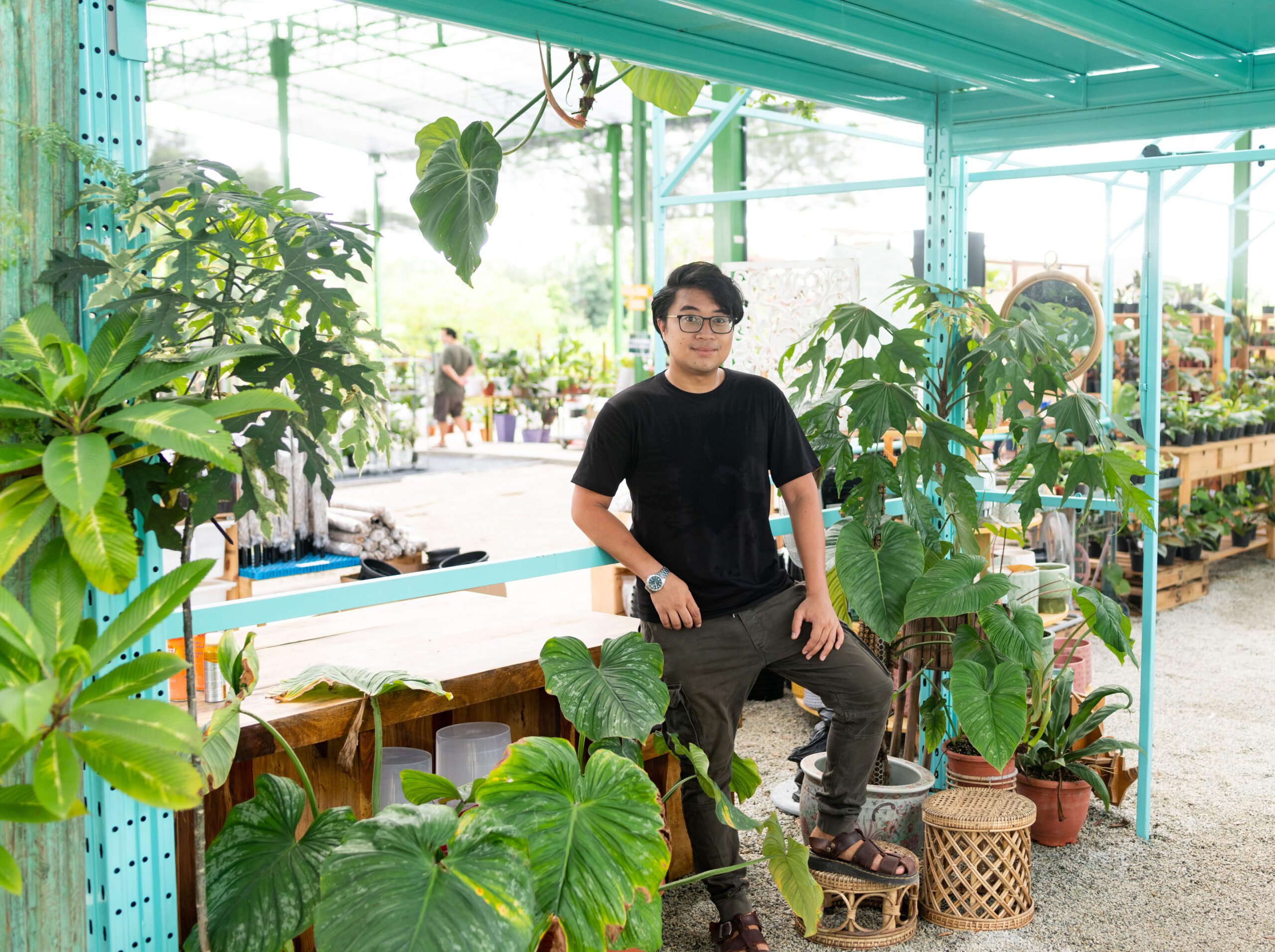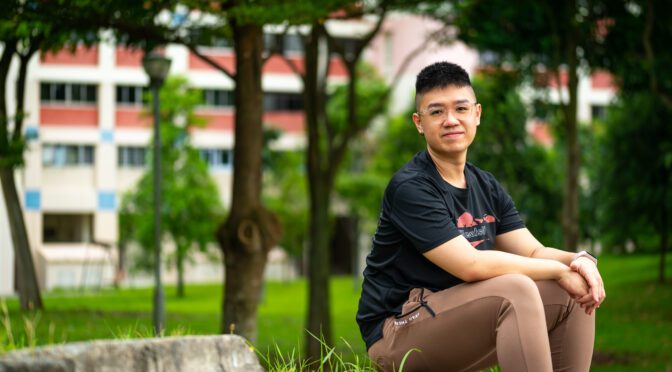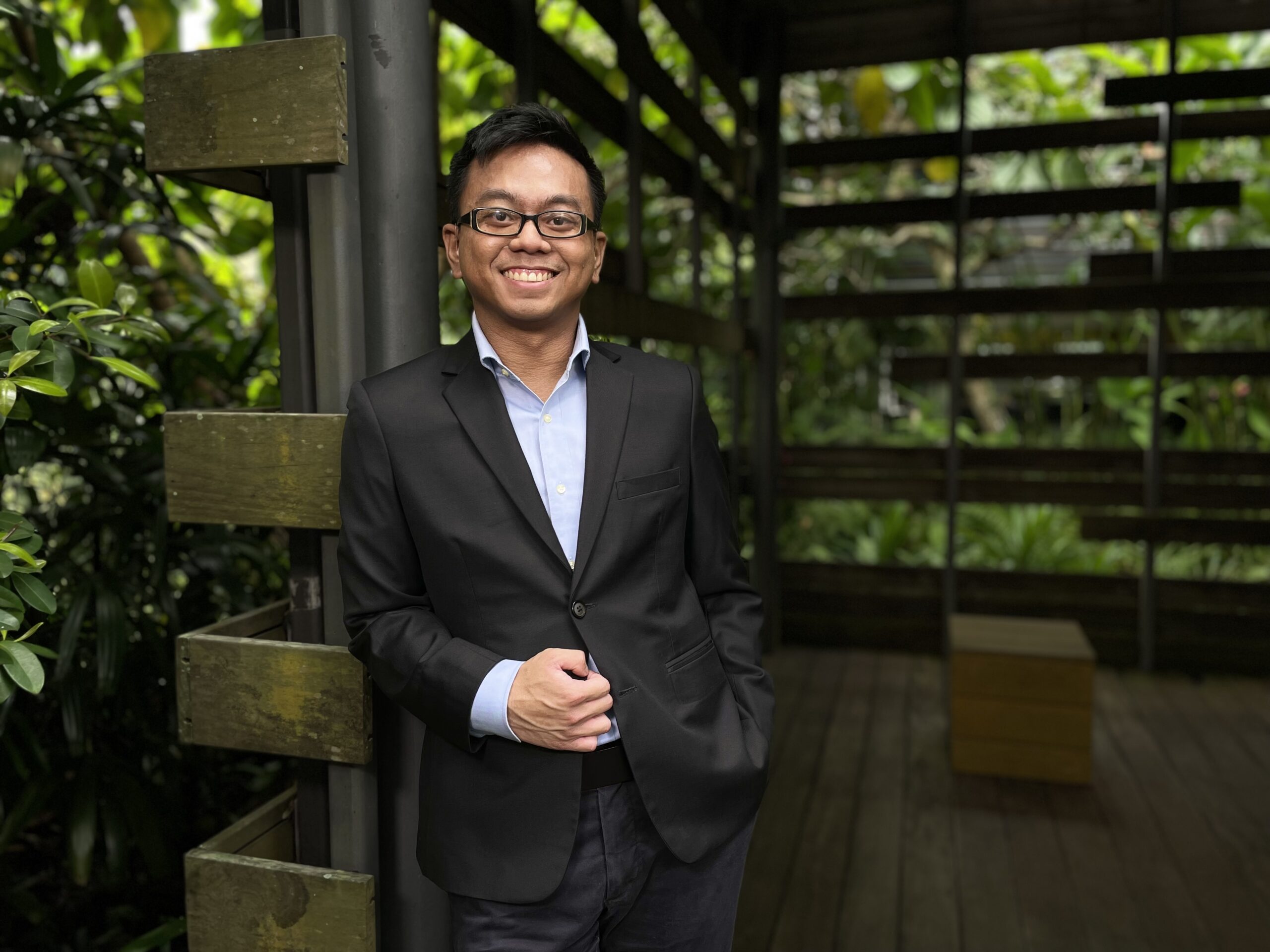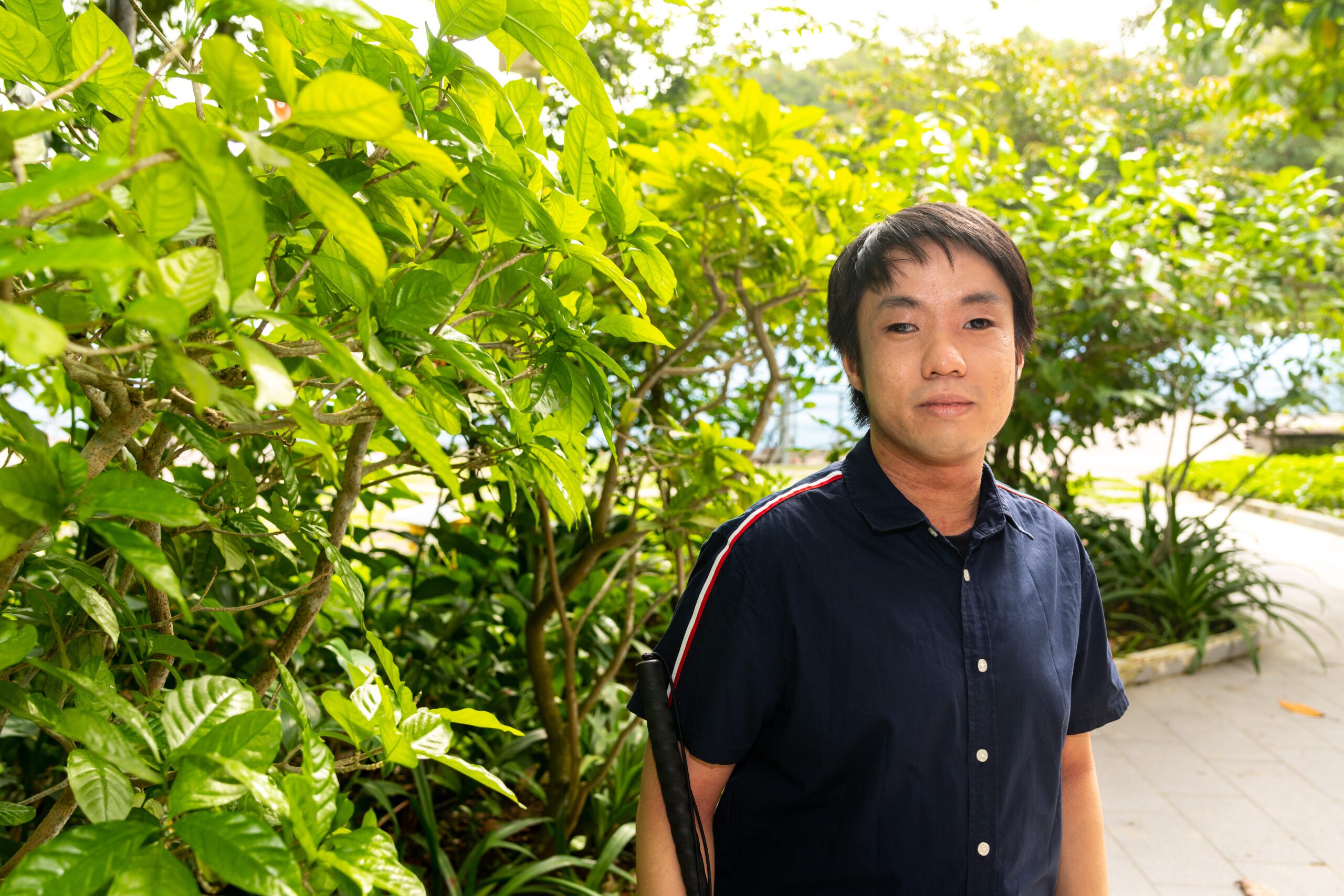Why do you say there’s elitism and toxicity in the gardening community? I’d imagine it’s one abounding in love and caring.
It’s just like any other hobby community. Take for example trading cards. A rare card that costs a few thousand dollars gives you a sense of power and clout. Others start to think they need to lay their hands on something equally expensive to be just as important. Not all hobbyists can afford to shell out one or two hundred dollars for a plant. And they shouldn’t have to. For those who still want the experience of adding an exotic or rare plant to their collections, they can pay a fraction of the usual price to get the root cuttings at Pasar Plants. No one gets left out.
Since Littlebotany currently has three branches in different parts of Singapore, do you have a team of full-time staff to help you run operations?
When the shipments of plants come in from Thailand, they need to be potted and treated. I will get my brother, who is a member of the deaf community, to help. He will also rally his peers from the same community. People with disabilities don’t get a lot of job opportunities. And even when they do, they are paid lower than the market rate — the ‘handicapped’ rate — even when they are doing the same amount of work. I hate that practice; it doesn’t sit right with me. I also roped in friends who couldn’t find jobs as they were recovering from injuries. Carrying the heavy plants became their physiotherapy. I could simply employ a team of full-timers and I could then take a hands-off approach, but I think being able to provide opportunities to people who really need it, to people who don’t get equal work job opportunities, is more fulfilling.
You mentioned earlier you have colour deficiency. Does that affect the way you see plants?
I’m blind to red, brown and green colours. When sets of colours, such as purple and blue, or pink and grey, are near each other, I cannot differentiate them. Do I see the plants differently? I know that there are different colours due to the variegations. I know that a plant is red in colour or has pink edges when I read about it, and I confirm it with my customers, friends or other plant enthusiasts. So, I am not helpless in that sense.



